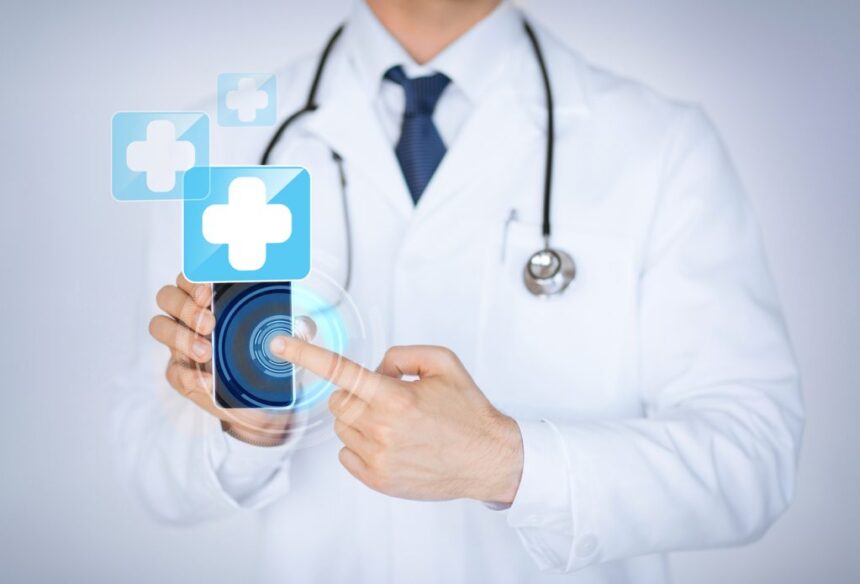There’s no denying it, as of last year the amount of web traffic coming from mobile devices exceeded that of desktop computers. The mobile revolution is clearly upon us. It’s already changed the way we communicate with each other. But how will it change the healthcare industry?
Our Websites Will Be Mobile Optimized
Even though mobile traffic consistently exceeds desktop use, many healthcare websites still aren’t optimized for mobile use. When it comes to healthcare, finding important information may actually be a life or death situation. As healthcare providers, it’s our duty to make sure that the data our patients need can be found both with the click of a mouse and with the tap of a finger. The New York Times did something revolutionary when they forced all of their in-house developers to use only the mobile interface to their website. By doing so, they highlighted how mobile users can be neglected in an office environment. Now that they’ve highlighted the importance of mobile, and developed one of the most friendly website interfaces for on-the-go users, many other major companies are following their lead. Perhaps it’s time for healthcare to follow suit.
Our Patients Will Be More Connected
We now have access to information more easily than any previous generation. This means that patients will be more informed and educated, even prior to diagnosis. It’s our job as practitioners to find a balance between patients’ independent research and our own superior knowledge. Patients need to feel like all their concerns are being addressed. However, if you’ve ever looked up symptoms on WebMD, you know how easy it can be to mistake a simple cold for a much more serious illness. This is just one example of how a more connected society could lead to an increase in healthcare traffic. It’s vital that we offset this increase in traffic by using the same technologies to speed up the check-in process.
New Drugs Will Be Approved Faster
Clinical trials are an extremely slow, expensive process. Labs cite many challenges with recruiting participants, and screening them to make sure the results prove to be reliable. By utilizing a mobile interface, participants will be able to create their profiles online. By storing volunteer medical history and availability in a database, clinical research companies will be able to craft their trials around participant needs. Since the clinical trial phase is typically the most expensive and time-consuming part of getting new drugs approved, using new technologies to improve this process will get new drugs on the market faster and with less expense.
Medical Records Will Be More Accessible
Apple Pay allows us to carry our financial data with us in our pockets. Facebook has mobilized our social calendar. Why can’t we do the same for medical records? Not only will having access to this information streamline medical checkups, but it can potentially save lives. Many lives are lost each year when individuals arrive to the ER in critical condition and a full medical history is not immediately available. By having this information available to both patients and practitioners at the touch of a button, we’ll be able to make life-changing decisions in urgent environments.
HIPAA Laws Will Become More Complicated
The Health Insurance Portability and Accountability Actwas passed to safeguard patient information. Protecting patient privacy is a priority for a variety of reasons:
- People want to protect themselves from medical identity theft.
- They’re worried that employers may discriminate against them for certain medical conditions.
- They fear they’ll be judged in their social circles for medical problems.
- While the Patient Protection and Affordable Care Act prohibits insurers from discriminating on the basis of preexisting conditions, other health insurers can. Patients want to restrict the data available to insurers as much as possible.
The mobile revolution is complicating HIPAA compliance in two ways:
- Medical providers may have difficulty enforcing these regulations if patients are allowed to access information online.
- Many HIPAA provisions may be obsolete in a few years, because the drafters of the legislation didn’t foresee many of the changes that mobile technology would bring.
Medical providers will need to pay close attention to future HIPAA changes. At the very least, they need to understand five steps to manage mobile devices. The Office of the National Coordinator for Health Information Technology has provided some guidelines on this webpage. All healthcare providers are urged to read these guidelines and speak to their legal team to avoid costly penalties for HIPAA violations.







